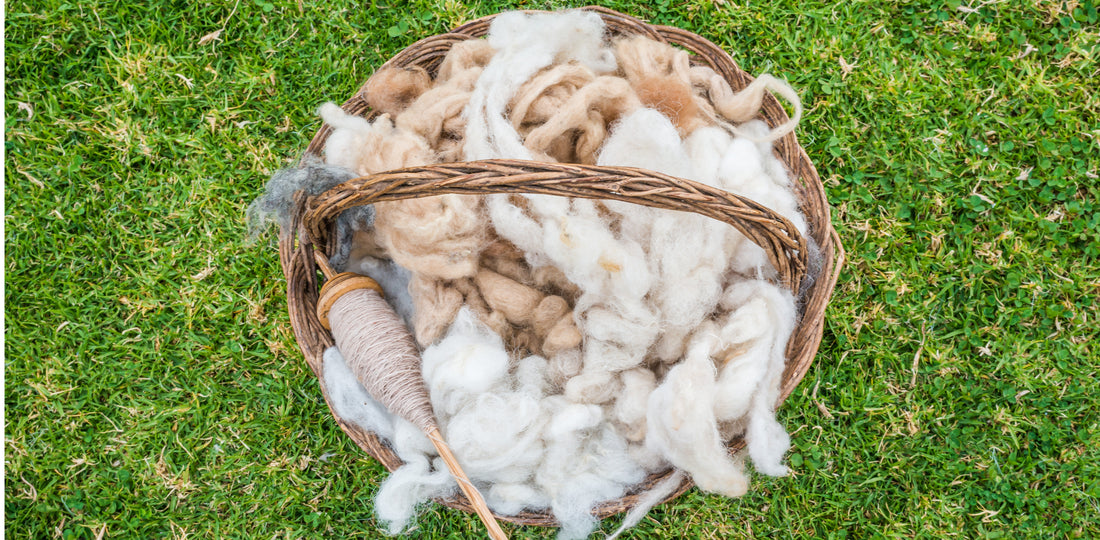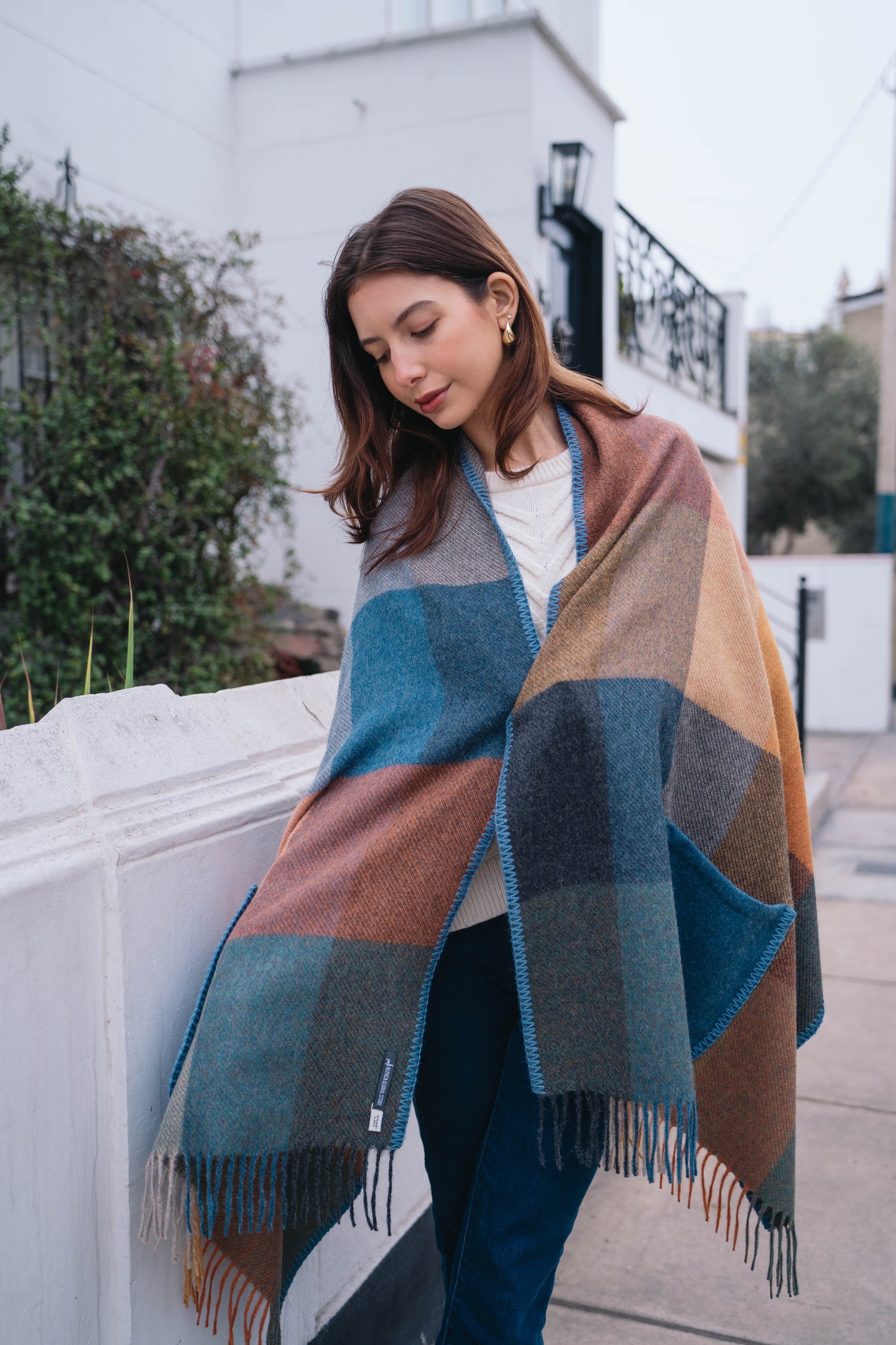
Differences Between Alpaca Wools
Share
When it comes to alpaca wool, not all fibers are the same. Differences in fineness, softness, and durability can vary significantly, affecting both the quality and the final use of each type. In this post, we explain the main differences between the most well-known types: regular alpaca, baby alpaca, and royal alpaca, so you’ll know what to expect when choosing garments from each category.
- Regular Alpaca
This is the most common type of wool obtained from adult alpacas. Regular alpaca fiber has a fineness of 26 to 30 microns, making it less soft than other variants. It is excellent for products that require greater durability, such as blankets, rugs, and some more robust garments. Despite being less fine, it is still softer and lighter than sheep’s wool.
Characteristics:
- Thicker fiber.
- Ideal for durable products.
- Acceptable softness compared to other animal fibers.
- Baby Alpaca
Contrary to its name, baby alpaca does not necessarily come from alpaca crias (young alpacas) but from the first shearing of a young animal. With a fiber thickness of 21 to 23 microns, baby alpaca wool is considerably softer than regular alpaca, making it perfect for delicate and luxurious garments such as scarves, sweaters, and bedding.
Characteristics:
- Fine and soft fiber.
- Suitable for sensitive skin.
- Ideal for luxury clothing and accessories.

- Royal Alpaca
Royal alpaca is the most exclusive and finest wool that can be obtained from this animal, with a fineness of less than 19 microns. Only 1% of all alpaca wool is classified as royal, making it an extremely rare and prized material in high fashion. Its softness is comparable to cashmere but with the added benefits of being more durable and eco-friendly.
Characteristics:
- Ultra-fine fiber (less than 19 microns).
- Extremely soft, ideal for high-end garments.
- Rare and exclusive.
- Fine Alpaca
This type falls between baby alpaca and regular alpaca, with a fiber thickness of around 24 to 26 microns. While not as fine as baby alpaca, it remains an excellent option for good-quality everyday garments.
Characteristics:
- Moderate softness.
- Suitable for daily wear.
- Good balance between softness and durability.
Why Choose Alpaca Wool?

Alpaca wool is renowned not only for its softness but also for its hypoallergenic properties, its ability to regulate body temperature, and its durability. Additionally, it is sustainable and environmentally friendly, as alpacas have a lower ecological impact than other grazing animals like sheep.
The versatility of alpaca wool allows for the creation of a wide range of products, from luxury clothing to accessories and home textiles. Here are some examples of common products that can be made with different categories of alpaca wool: scarves, sweaters, ponchos, shawls, blankets, hats, and high-fashion products.



